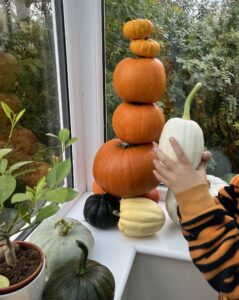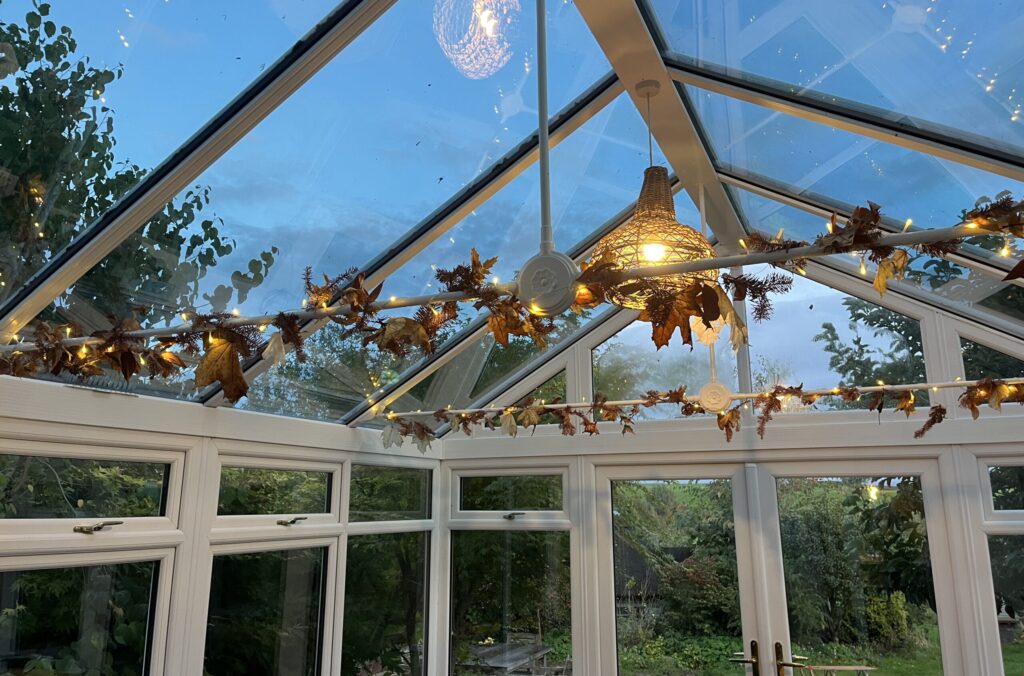Slow living and valuable work of the home
I’m not one of these people that get all the housework done hours before anyone is up. Increasingly, I’m becoming more and more comfortable with being a slow living person. I find it quite hard to do in this fast paced world, with so many people wearing their badge of how busy they are. It’s hard not to adopt the mask and follow social suit.
However, I am beginning to notice that life in the fast lane has not actually done us any favours – not to value home life, house work, and building a home as valuable work. In fact, someone has to claim it as a valuable job to do, for if not, it needs doing either way. Claiming time for what needs doing is nurturing.
https://thereisnoshouldbe.com/as-a-parent-in-the-school-system/
Minouche Shafik states in her book, What We Owe Each other, that women do between 2.6 and 7.1 hours of unpaid work worldwide (Hong Kong at 2.6 hours, Norway at 3.7 hours, and Mexico at 7.1 hours a day). Clearly, while unpaid and ‘unquantifiable’, it is valuable work, invaluable even.
I’m not making sweeping gender claims here, though I think most people will agree, all sticks aside, that there is a prevailing preference when it comes to work division between genders. But either way someone has to value the work in the home as worthy of time and effort. For my part, I feel very glad to take on the role. I feel I may claim it as an occupation, worthy enough to include in my day to day tasks.
 But is slow living something that can only be afforded to adults after they’ve completed their customary conveyor belt journey through the exam system for their entire childhood and adolescence? Can we afford some slow living for our precious children, who learn best through play, curiosity and discovery? Or even, can we teach our young ones skills in slow living, validating it and encouraging it as a vibrant, way of life? Conversely, could slow living generate more productivity in the long term?
But is slow living something that can only be afforded to adults after they’ve completed their customary conveyor belt journey through the exam system for their entire childhood and adolescence? Can we afford some slow living for our precious children, who learn best through play, curiosity and discovery? Or even, can we teach our young ones skills in slow living, validating it and encouraging it as a vibrant, way of life? Conversely, could slow living generate more productivity in the long term?
Home work is an important skill that we can teach our children as part of their day. It is important that they are taught to value it, as at some point hopefully, they will live their own lives where, together with their wives, they will need to function at home as well as potentially in a work place. Aside from anything else, for us to count our blessings, we do need to appreciate, organise and care for what we have.
(Caveat – We moved house over a year ago, and in our new place we still haven’t installed the storage and shelving we previously had to organise and appreciate our things (mainly books and crafting supplies). It sits uncomfortably with me, and I am hoping to redeem our space soon.)
But encouraging our young ones to keep a tidy space, and to muck in with some chores, isn’t just good for future planning, it is also important for their own peace of mind. Tidy spaces help reduce anxiety and feelings of overwhelm for neurodivergent people. (I’d imagine this is true for anyone.)
 Children learn to play with creativity and style when they tidy their space. Posters are put up, colours for walls can be chosen, crisp new bed sheets can be put down (not all at the same time). Children learn to take small pleasures in jobs around the house. Missing items turn up to much delight, and play sets with matching parts are reunited. They learn to enjoy and appreciate their home. With hype laid to rest, they learn to enjoy slow living. They quite literally feel at home – their home.
Children learn to play with creativity and style when they tidy their space. Posters are put up, colours for walls can be chosen, crisp new bed sheets can be put down (not all at the same time). Children learn to take small pleasures in jobs around the house. Missing items turn up to much delight, and play sets with matching parts are reunited. They learn to enjoy and appreciate their home. With hype laid to rest, they learn to enjoy slow living. They quite literally feel at home – their home.
Anyone who knows me will laugh when they read this post. Organisation is a skill I am always endeavouring to learn – it does not come naturally. However, I am so grateful when things are in place. “Simple tasks should be simple” – this is a catch phrase I adopted at one point during my onslaught of the tyranny of unorganised Tupperware!
We are a family that requires conscious reining in – we have so many ideas, all of us, we can still be pulling out new projects right at the end of the day when we could all be sitting down to dinner. Piles of projects and remnants of creative ideas grow quickly into mountains, and are subsequently knocked down by the ferocious wagging of our dog’s tail. Quickly, emotions run high, the place gets out of hand, and we all become overwhelmed and frazzled. It’s not nurturing for anyone trying to get things done in ‘no time’ or in the middle of the night.
This is why making space and time for home organisation is so vital. Slow living is a life skill. It’s not doing even more baking sour dough. It equates to a less frantic family life. We make time to value what we’ve done, and that of our spouse or child or sibling. To avoid accumulating stress, in us, around us, home work is a valued part of life.
The truth is it can’t all be done in a day. Setting one or two small tasks in a day is for me a much more reliable way to be moving forwards. Often with the amount of daily chores it feels like treading water, maybe just surviving, and not really improving the space. But what is the end result that I’m after? A beautiful home? I do love a beautiful home that I find relaxing.
But my end result that I aim for is more a way of life. I’m after a way of life that has cleared time for tasks as part of the day. I’m after a way of life where we can all eat together, or have some time together. Well, honestly, we’re not there yet, but I know where I’m aiming.
 Anecdote – I enjoy pumpkins at this time of year, as part of the decor. I can organise it as I choose, in my opinion tastefully and whimsically… 😉 but each time, in less than a minute, my children have rearranged them to their (much more playful) sense of style. I don’t mind – I enjoy them arranging in their home. I hope it will play into their sense of belonging in our home. They enjoy going out. It’s such a primal instinct to have a home, a nest if you will, to come home to.
Anecdote – I enjoy pumpkins at this time of year, as part of the decor. I can organise it as I choose, in my opinion tastefully and whimsically… 😉 but each time, in less than a minute, my children have rearranged them to their (much more playful) sense of style. I don’t mind – I enjoy them arranging in their home. I hope it will play into their sense of belonging in our home. They enjoy going out. It’s such a primal instinct to have a home, a nest if you will, to come home to.


Pingback: Animal Care in Homeschool - My Blog
Pingback: Only rich people can homeschool? - My Blog